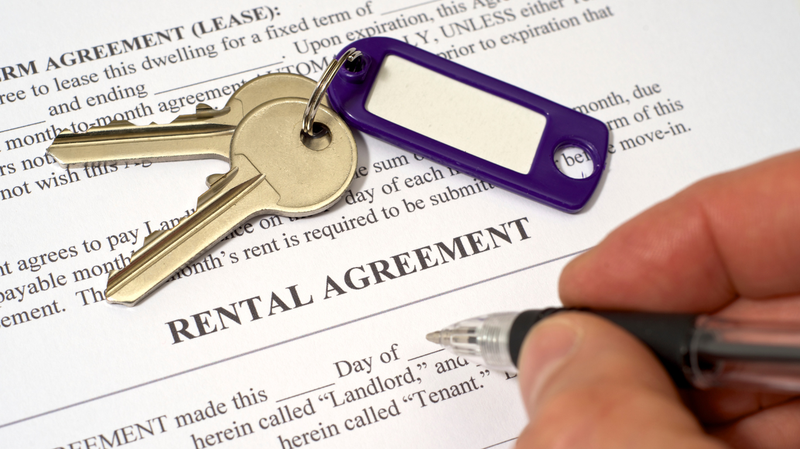When it comes to renting out your property, one of the most significant decisions you’ll face is choosing between Airbnb (short-term rentals) and long-term rentals. Each option has its unique advantages and drawbacks, and the choice you make can greatly impact your income, responsibilities, and overall experience as a property owner. In this comprehensive blog post, we will delve into the pros and cons of Airbnb and long-term rentals, helping you make an informed decision that aligns with your property type, location, and financial goals.
Pros: Airbnb
Flexibility and Personal Use
Airbnb offers property owners the freedom to use their space whenever they desire. You can rent out your property on a daily, weekly, or monthly basis and easily block off dates for your personal use. This flexibility is particularly appealing to property owners who enjoy using their property for holidays or weekend getaways.
Higher Earnings Potential
Short-term rentals often provide a higher income per night compared to long-term leases. In tourist-heavy areas or during peak seasons, the earning potential can be significant.
Control Over Guests
As an Airbnb host, you have the autonomy to choose who stays in your property. You can screen guests through reviews, communication, and requests. This control can lead to a more pleasant hosting experience.
Property Maintenance and Upkeep
The regular turnover of short-term guests may incentivise property owners to keep their property in excellent condition. This can lead to better maintenance and increased property value.
Pros: Long-Term Rentals
Steady Monthly Income
Long-term rentals provide property owners with a consistent monthly income stream. This steady cash flow can make budgeting and financial planning more straightforward.
Less Hands-On Management
With long-term rentals, property owners have fewer daily responsibilities. Tenant turnover is less frequent, reducing the time and effort required for guest management.
Reduced Vacancy Rates
Long-term tenants typically commit to longer lease agreements and are more likely to stay for an extended period. This reduces vacancy rates and turnover-related costs.
Stable Tenant Relationships
Building long-term relationships with tenants can foster a sense of community within your property and neighbourhood. It can also lead to lower turnover and marketing expenses.
Cons: Airbnb
High Turnover and Time Commitment
Managing short-term rentals can be time-consuming. It involves frequent guest check-ins, cleanings, and ongoing communication. This can be a significant commitment, especially if you’re managing the property remotely.
Seasonal Demand
The income generated from short-term rentals can be highly seasonal, with peak tourist seasons and lower demand during off-peak times. This can make financial planning more challenging.
Regulatory Issues
Many cities and regions have introduced regulations that restrict or tax short-term rentals. Compliance can be complex, and property owners may need to navigate a web of rules and restrictions.
Cons: Long-Term Rentals
Limited Personal Use
Long-term rentals can limit your personal use of the property. It’s not as flexible for spontaneous getaways or vacation stays.
Tenant Screening and Lease Agreements
When opting for long-term rentals, you must carefully screen potential tenants and commit to longer-term lease agreements. This requires more due diligence in the tenant selection process. Although, this is offset by having a property manager do this for you.
Property Wear and Tear
Long-term tenants can result in more wear and tear on the property, which can lead to maintenance and repair costs over time.
Lower Earnings Potential
Weekly rent from long-term tenants is typically lower than what you might earn from short-term rentals, especially in high-demand tourist areas.
Conclusion
The choice between Airbnb and long-term rentals is not a one-size-fits-all decision. It depends on various factors, including your financial goals, the location of your property, your personal preferences, and your willingness to take on certain responsibilities.
When making your decision, consider your property type, local regulations, and your own capacity for property management. Ultimately, both options have their merits, and the right choice will align with your investment strategy and lifestyle. Take the time to weigh the pros and cons and make an informed decision that suits your unique circumstances as a property owner.






